Why Every Virginia Home Buyer Needs a Home Inspection (Especially First-Timers!)

Home Inspections in Virginia: What First-Time Buyers, Military Families & Sellers Need to Know
If you're on the exciting journey of buying your first home, relocating to Virginia for a military PCS, or even selling your current house, chances are you've heard about home inspections. But what exactly are they—and why do they matter so much?
In real estate, a home inspection isn’t just a box to check off. It’s one of the most powerful tools you have to protect your investment, avoid unexpected costs, and negotiate smarter—whether you're buying your dream home in Locust Grove or a builder's lot in Unionville,
Let’s break down everything you need to know about home inspections in Virginia: who needs one, what’s included, how they impact your transaction—and how skipping one could cost you big.

What Is a Home Inspection—and Why Do You Need One?
A home inspection is a professional, third-party evaluation of a home’s condition. It provides buyers with an in-depth look at the property’s current state and identifies any visible or potential issues. This step is especially crucial for buyers who are unfamiliar with construction or maintenance red flags.
It offers peace of mind, especially for buyers who are investing significant savings or taking out a long-term mortgage. A thorough inspection can highlight both cosmetic and structural issues, ensuring that the buyer isn’t caught off guard after closing. It also serves as a solid foundation for further negotiations with the seller if problems are uncovered.
Why it matters:
-
Uncover hidden problems you won’t notice during a walk-through
-
Avoid unexpected repair costs after you move in
-
Gain possible leverage for negotiations
-
Buy with confidence, knowing exactly what you’re getting
✅ In Virginia, while not mandatory, home inspections are considered standard and essential.
What Does a Home Inspector Look For?
A certified home inspector evaluates the major systems and structural integrity of the home. This includes examining the electrical system, plumbing, HVAC units, roof condition, attic insulation, basement or crawl spaces, foundation, and appliances that will remain with the home.
The inspector checks whether the electrical panel is properly labeled, if outlets are grounded, and whether smoke detectors are functioning. Plumbing inspections cover water pressure, leaks, and the condition of visible piping. The HVAC check ensures that heating and cooling systems are working safely and efficiently. Inspectors will also climb into attics and crawl under homes to assess insulation, ventilation, moisture levels, and potential pest infestations.
Here’s what they usually check:
-
Electrical systems (outlets, breakers, panels)
-
Plumbing (pipes, drains, water heater)
-
HVAC (heating and cooling systems)
-
Foundation and structure (cracks, settling, mold)
-
Roof and attic (shingles, leaks, insulation)
-
Windows and doors (functionality, seals, energy efficiency)
-
Visible signs of pests or water damage
After this comprehensive walk-through, the inspector provides a detailed report outlining all findings—ranging from small cosmetic flaws to major safety hazards. This document becomes your guide to making informed decisions and planning any needed repairs or negotiations. It's always a good idea to get a pest inspection as well as a radon inspection.
✅ Pro Tip: Don’t be alarmed if the report is long. Every home has something! The key is knowing which issues matter most.
Who Attends the Home Inspection?
Typically, the buyer and their real estate agent are present during the home inspection. Being there in person allows buyers to see problems first-hand, ask the inspector questions, and better understand the home’s systems and condition.
Most home inspectors will point out areas of concern and explain their significance during the walkthrough. This makes it easier to comprehend the final written report. For buyers relocating to Virginia for military PCS or from out of state, I often attend inspections on behalf of my clients and provide video walkthroughs or live calls.
Here’s who’s usually involved:
-
The buyer (that’s you!)
-
The home inspector
-
Your Realtor® (yes, I always attend with my clients!)
This is your chance to walk through the house and ask questions in real time. I always recommend my buyers attend, even if you’re working remotely—I can video call you in so you don’t miss a thing.
Sellers typically do not attend, giving you space to ask questions freely and discuss concerns with your agent.
What Happens If the Inspector Finds Problems?
It’s almost guaranteed that the inspector will find something—no house is perfect. Even new construction homes can have missed items or installation oversights. The key is understanding the severity of the findings and what options are available.
Small issues like chipped paint or loose door hinges are often easy to fix and not worth negotiating over. However, major concerns like a leaking roof, mold, termite damage, foundation cracks, or outdated wiring require attention. These issues can impact not only the home’s safety but also its insurability and mortgage eligibility.
Buyers may choose to accept the property as-is, request the seller to make repairs, ask for a credit toward the cost of repairs, or even walk away from the deal if the problems are extensive and negotiations stall. Your Realtor® will guide you through this process, ensuring your best interests are protected.
Even a brand-new home might have items flagged in an inspection—loose railings, missing insulation, incorrect wiring—you name it. That’s normal and part of the process.
Once you have the report in hand, you have three options:
-
Move forward as-is if the issues are minor or manageable
-
Request repairs or credits from the seller during negotiations
-
Walk away if the problems are too serious and can’t be resolved
Common deal-breakers include:
-
Foundation cracks
-
Mold or water damage
-
Unsafe electrical wiring
-
Roofs near the end of life
-
Failing septic systems
As your agent, I’ll walk you through your options and help you negotiate repairs or price reductions if needed. Your safety and financial protection come first—always.
Do Sellers Have to Make Repairs?
In Virginia, sellers are not automatically obligated to fix issues uncovered during the inspection unless it's stipulated in the purchase contract or required by the buyer’s lender. This means repairs become a part of post-inspection negotiations.
That said, lenders—especially in government-backed loans like VA loans—often require certain safety and structural issues to be resolved before the loan can be approved. For example, exposed wiring, missing stair railings, or significant roof damage might need to be repaired to move forward with financing.
Most sellers are willing to work with buyers to resolve reasonable concerns. A good Realtor® can help negotiate solutions that work for both sides, whether that means making the repairs, offering a credit, or reducing the purchase price.
However, some issues may need to be addressed if:
-
The buyer’s lender requires it (e.g., roof damage or safety concerns)
-
The buyer makes it a condition of moving forward
-
It’s a VA loan (more on that in a moment!)
Most of the time, we can work out a win-win agreement: maybe the seller replaces a damaged water heater, or offers a credit so you can repair it after closing.
For home sellers, doing a pre-listing inspection is a great way to get ahead of this. You’ll know what repairs are coming, which can prevent surprises and keep your sale on track.
Special Considerations for VA Loans and Military Buyers
If you're using a VA loan to purchase your home, the inspection process takes on added importance. VA loans require that the property meets the VA’s Minimum Property Requirements (MPRs), which are in place to ensure the home is safe, sound, and sanitary.
Homes must be structurally intact with a working roof, plumbing, and heating systems. Any peeling paint on homes built before 1978, signs of pests, missing handrails, or tripping hazards can delay or derail your loan approval. That makes a thorough inspection essential—and sometimes, a pre-inspection before making an offer is a smart move for military buyers in competitive markets.
VA loans come with strict property condition requirements set by the Department of Veterans Affairs. If the home has:
-
Peeling paint (on homes built before 1978)
-
Unsafe stairs or missing railings
-
Exposed wires or broken windows
-
Termite or pest issues
-
Structural or roof problems
…the VA may not approve the loan until these are resolved.
That’s why I strongly encourage all my military clients PCSing to Virginia to work with a local, experienced Realtor® who understands both the VA process and the local market.
What About Land Purchases or Rural Homes?
If you're buying undeveloped land or a home in a rural area, you still need inspections—just of a different kind. Since these properties often have wells, septic systems, and propane heating, specialized inspections are necessary.
A perc test is crucial to determine whether the soil can support a septic system. Water quality and quantity testing ensures the well provides clean, adequate water. A boundary survey confirms property lines and prevents future disputes. For older rural homes, you’ll also want a thorough check of chimneys, outbuildings, barns, and even fencing.
A standard home inspection won’t apply if there’s no house—but other inspections are still critical, including:
-
Perc tests (to ensure the land can support a septic system)
-
Soil tests (for building stability)
-
Well water inspections (for potability and volume)
-
Boundary surveys (to confirm property lines)
If you’re buying a rural home with an existing well, septic, or propane tank, you’ll want specialized inspections for each of those systems as well.
How Do You Find a Good Home Inspector?
There are a lot of inspectors out there, but not all are created equal. Finding a reliable, experienced inspector is crucial—you want someone who will take their time, explain their findings, and be available to answer follow-up questions. Ideally, your inspector should be licensed in Virginia, insured, and certified through organizations like ASHI or InterNACHI.
Here’s how to find a great one:
-
Look for inspectors licensed by the Virginia Board for Asbestos, Lead, and Home Inspectors
-
Ask if they are ASHI (American Society of Home Inspectors) or InterNACHI certified
-
Check online reviews and request sample reports to compare thoroughness
-
Most importantly—ask your Realtor®
Common Home Inspection Myths—Busted!
Many buyers assume that new construction homes don’t need an inspection, but builders can make mistakes too. I’ve seen brand-new homes with reversed hot and cold faucets, improperly installed appliances, and incomplete insulation. Others believe that if a house "looks good," it must be problem-free. But fresh paint can cover mold, and nice staging doesn’t mean the plumbing is sound.
Let’s clear up a few misconceptions I hear all often:
-
❌ “New construction homes don’t need inspections.”
➤ They do! Builders make mistakes too. -
❌ “A clean-looking home must be in great shape.”
➤ Cosmetic fixes can hide deeper issues. -
❌ “The seller has to fix everything the inspector finds.”
➤ Not true. It’s all negotiable. -
❌ “I can skip the inspection to win a bidding war.”
➤ Please don’t. That short-term risk could cost you thousands.
Final Thoughts: Don’t Skip the Inspection—Your Future Self Will Thank You
A home inspection isn’t just a formality—it’s one of the most valuable steps in the real estate process. Whether you're buying your first home, moving your family across the country, or selling your long-time residence, inspections offer insight, protection, and negotiation power.
With the right guidance, you can approach your transaction with confidence. You deserve to know what you're buying, avoid unpleasant surprises, and feel great about your investment.
Categories
Recent Posts
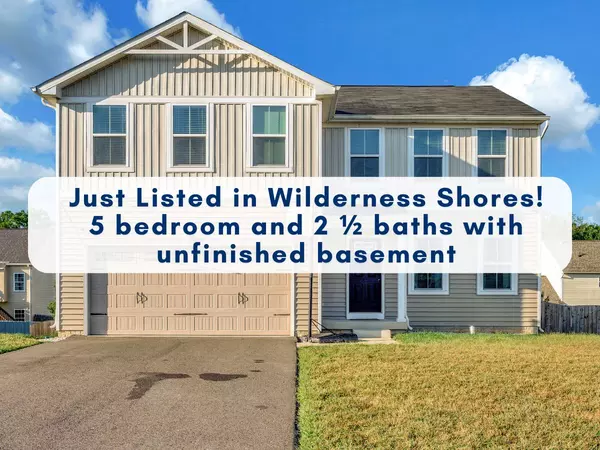
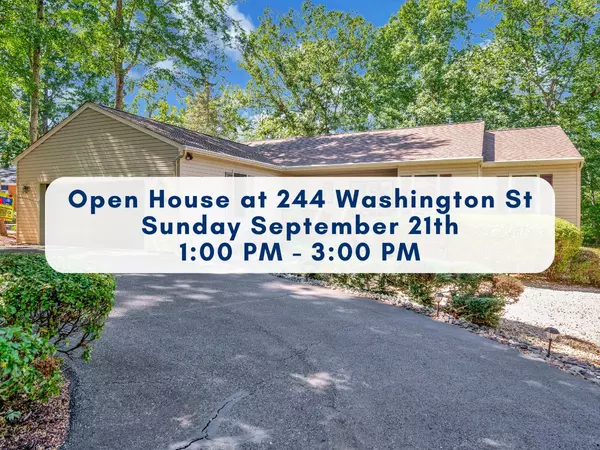
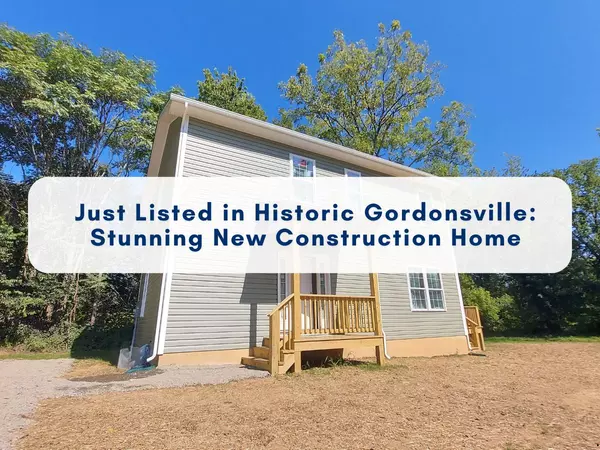

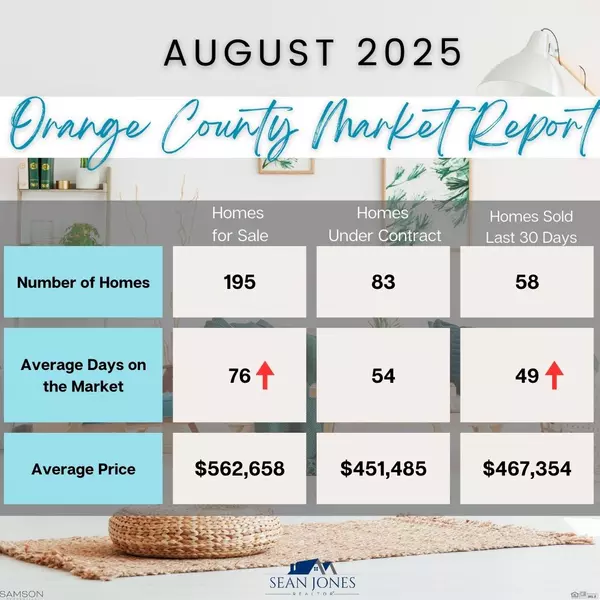


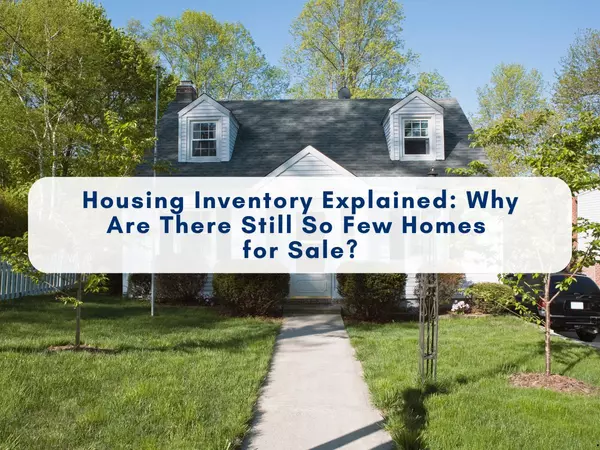

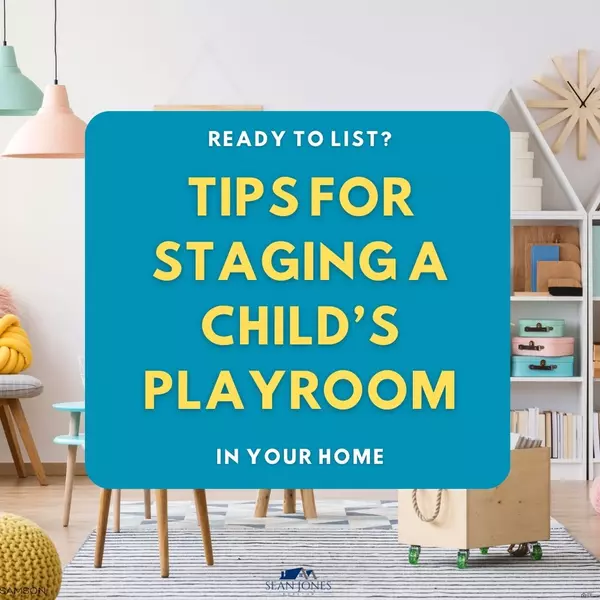

Buying a home isn’t just a financial decision—it’s a deeply personal journey filled with hopes, dreams, and big life changes. That’s why choosing the right real estate professional is one of the most important steps you can take.
A knowledgeable and experienced REALTOR® does more than open doors and write offers. They’re your advocate, your problem-solver, and your steady guide through what can sometimes feel like an overwhelming process. Whether it's navigating a competitive market, negotiating on your behalf, or keeping things on track behind the scenes, the right agent is there to protect your interests every step of the way.
In the end, buying a home should be an empowering experience. With the right person by your side—someone who brings both expertise and heart—you can move forward with confidence, knowing you're in good hands with Sean Jones.
GET MORE INFORMATION
